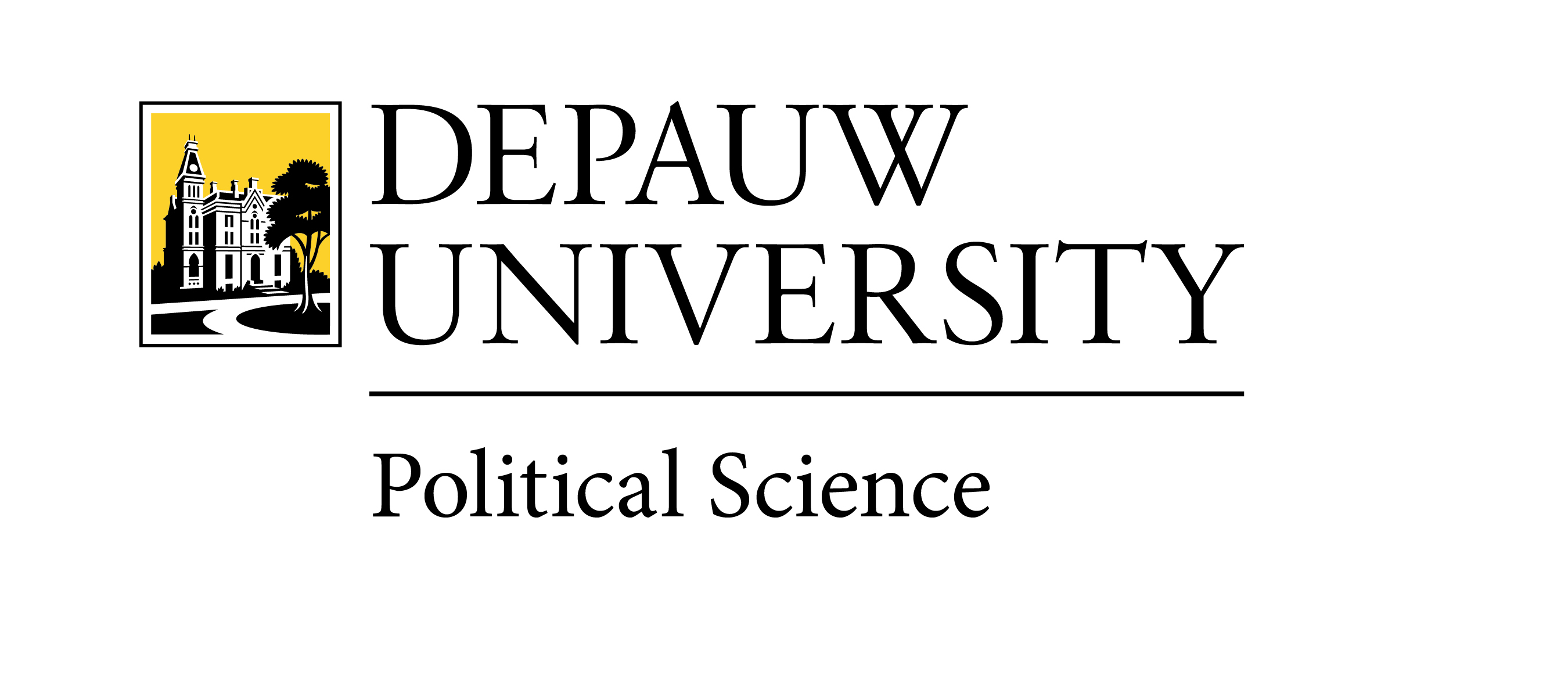Document Type
Article
Publication Date
11-9-2022
Abstract
Many Americans not only hold misinformed beliefs about policy-relevant topics (e.g., climate change, public health) but hold those views with high degrees of confidence in their factual accuracy. Epistemic overconfidence – an application of the Dunning Kruger Effect (DKE, or “ignorance of one’s own ignorance” – is politically consequential, as misinformed individuals who hold those views with high degrees of confidence may be especially likely to oppose evidence-based policies and resist attitude change. Yet, its psychological origins – particularly in application to misinformation endorsement – are not well understood. In this paper, we propose that racial animus plays a key psychological role in motivating Americans to express confidence in misinformed beliefs. Using nationally representative survey data from the American National Election Study, we find that racial resentment plays a strong role in leading Americans to hold confidently misinformed views about racialized policy issues (e.g., the causes of anthropogenic climate change, the origins of the COVID-19 pandemic), but not on less-racialized issues (e.g., MMR vaccine safety). We conclude by discussing how our work underscores the often-overlooked importance of intergroup attitudes in shaping DKE, and helps resolve theoretical tensions in the study of misinformation acceptance.
Objective
We examine the role of racial resentment in motivating Americans to express confidence in misinformed beliefs on racialized scientific issues.
Methods
We study survey data from the 2020 American National Election Study. We examine respondents’ endorsement of misinformation on different scientific issues and their reported confidence in these views.
Results
We find that racial resentment plays a strong role in leading Americans to hold confidently misinformed views about highly racialized policy issues (e.g., the occurrence of anthropogenic climate change or the origins of the COVID-19 pandemic), but not on less racialized issues (e.g., childhood vaccine safety).
Conclusions
Our work underscores the often-overlooked importance of intergroup attitudes in shaping overconfidence and helps resolve theoretical tensions in the study of misinformation acceptance.
Recommended Citation
Benegal, Salil, and Motta, Matt. 2022. “ Overconfident, resentful, and misinformed: How racial animus motivates confidence in false beliefs.” Social Science Quarterly 00: 1– 24. https://doi.org/10.1111/ssqu.13224




Comments
Supplemental Materials
osf.io/kzq3j/